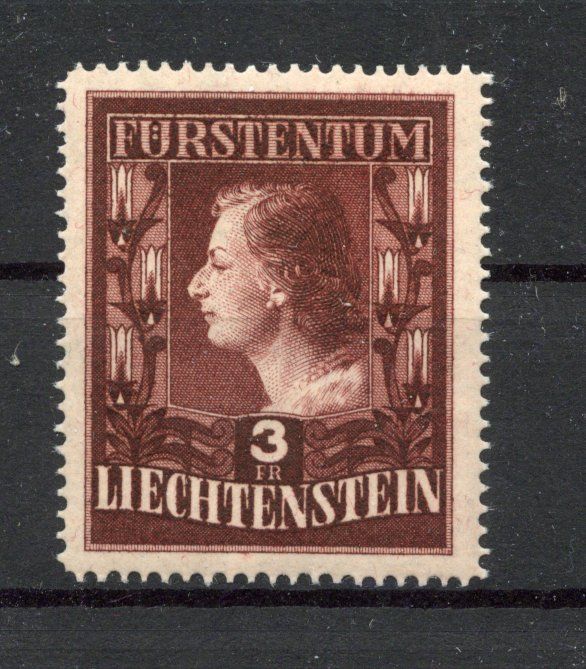
Introduction
Liechtenstein, a small yet significant landlocked country situated between Switzerland and Austria, has been gaining attention for its unique blend of political stability, prosperity, and stunning landscapes. Despite its modest size of just 160 square kilometres, Liechtenstein boasts a robust economy and a rich cultural heritage. Understanding this nation’s role within Europe can provide insightful perspectives on its contributions to global finance, tourism, and diplomacy.
Geographical and Cultural Landscape
With its majestic mountains, picturesque villages, and charming capital of Vaduz, Liechtenstein offers visitors breathtaking views and a taste of Alpine culture. The climate is typically temperate, contributing to both summer and winter tourism, with activities ranging from hiking to skiing. The country’s national identity is celebrated annually through events such as the National Day on August 15, which underscores its independence and unique cultural traditions.
Strong Economic Foundations
Liechtenstein has built a reputation as a global financial centre due to its favourable taxation policies and a stable economy. As of 2023, the country boasts a low unemployment rate of around 1.5% and a GDP per capita that ranks among the highest in the world at approximately $180,000. Many international companies have established their headquarters in Liechtenstein, attracted by its business-friendly environment and the high level of expertise in financial services.
Political Stability and International Relations
Politically, Liechtenstein is known for its stability and efficient governance, characterized by a constitutional monarchy led by Prince Hans-Adam II. The country maintains a neutral stance and has been a member of several international organizations. It is also part of the European Economic Area (EEA), allowing it to engage in trade with EU countries while retaining its sovereignty.
Conclusion
As Liechtenstein continues to evolve in the 21st century, it remains a prime example of how a small nation can thrive amidst global challenges. Its unique position in Europe as a financial hub and tourist destination, combined with its rich cultural history, draws interest from all corners of the world. Understanding Liechtenstein’s contributions not only highlights its significance in European affairs but also emphasizes the potential of smaller nations in shaping the global landscape. As the country moves forward, it will be interesting to watch how it navigates future challenges while preserving its rich heritage and exceptional quality of life for its citizens.
You may also like

Discovering the Beauty and Culture of Norway

Exploring East Grinstead: History and Attractions

Exploring Monmouth: History, Attractions and Community
SEARCH
LAST NEWS
- Remembering Wendy Richard: The Promise to Co-Star Natalie Cassidy
- How Did Anglian Water Achieve an ‘Essentials’ Rating for Mental Health Accessibility?
- Shai Hope Leads West Indies in T20 World Cup Clash Against South Africa
- What We Know About Weston McKennie: Future at Juventus and Past at Leeds
- What We Know About the Upcoming Live Nation Antitrust Trial